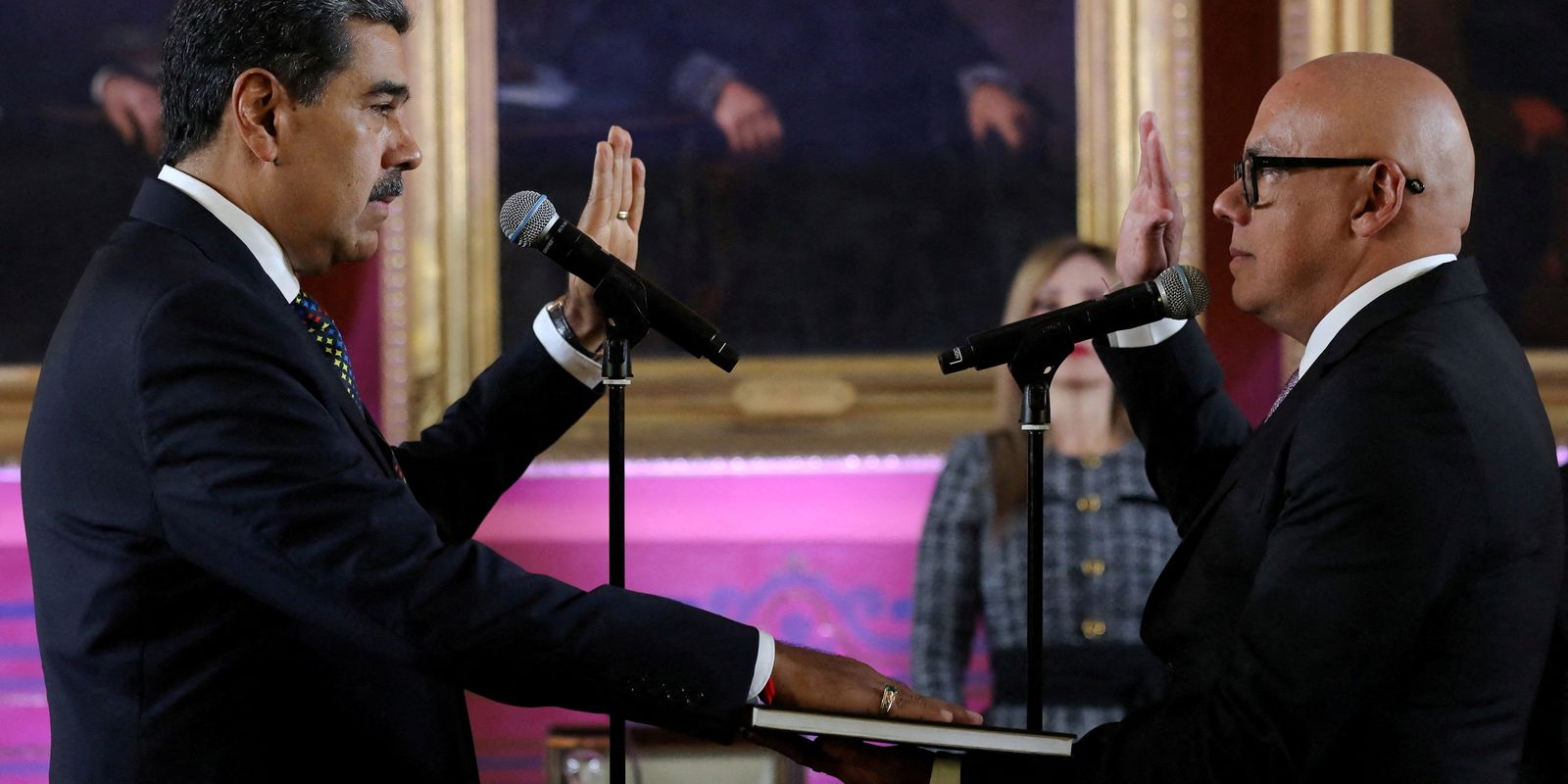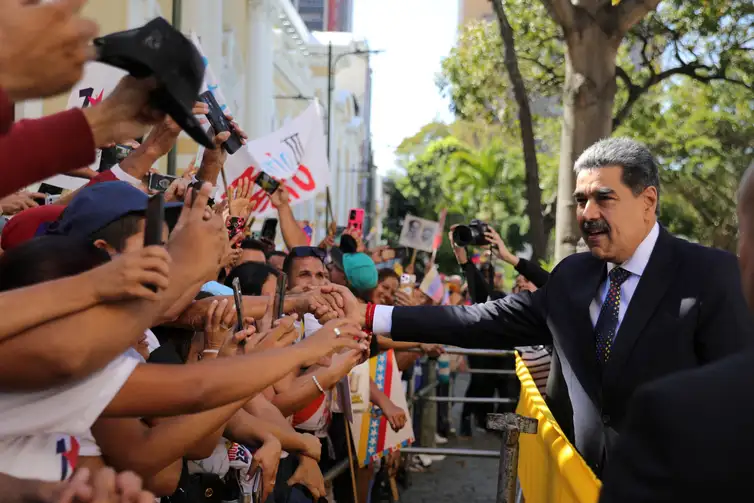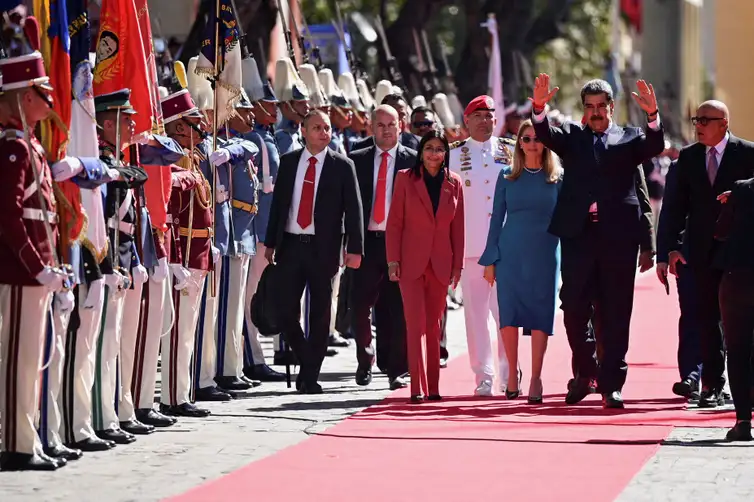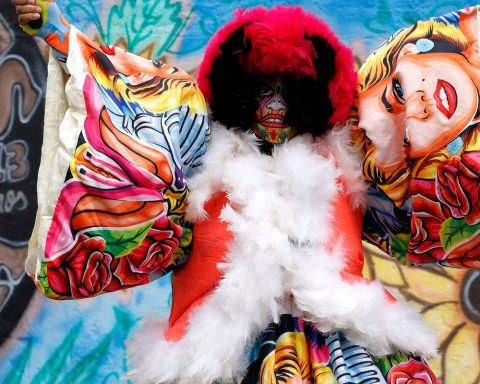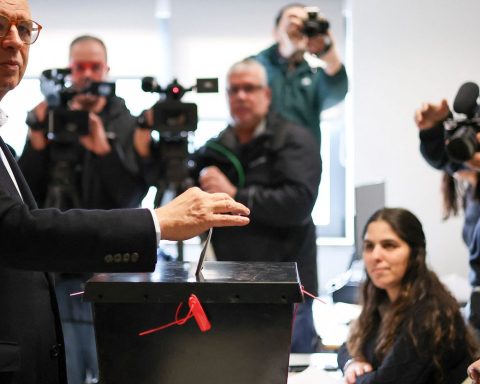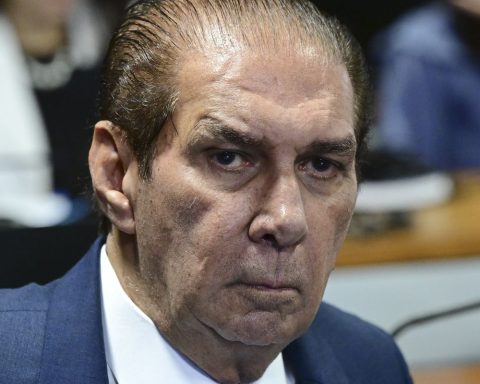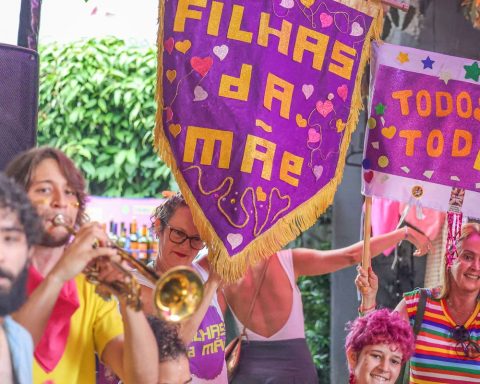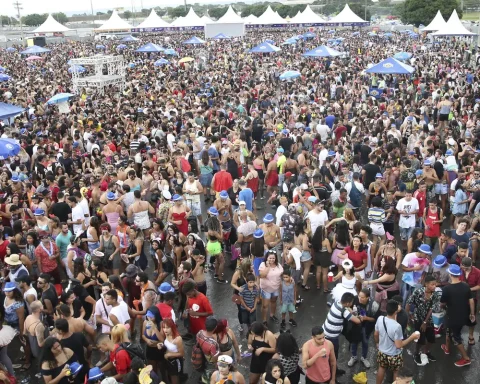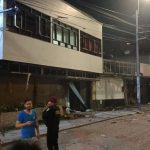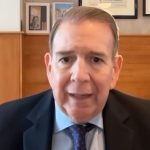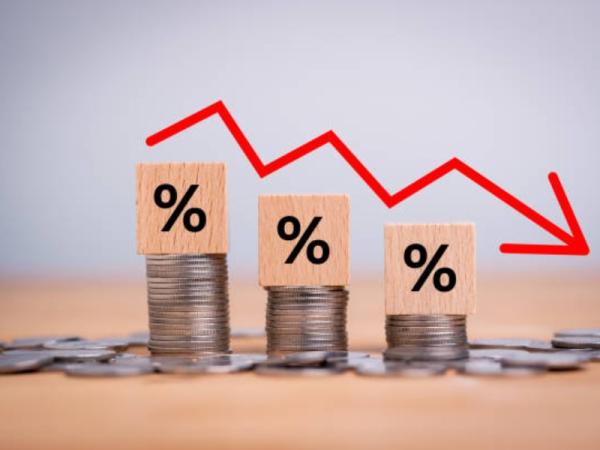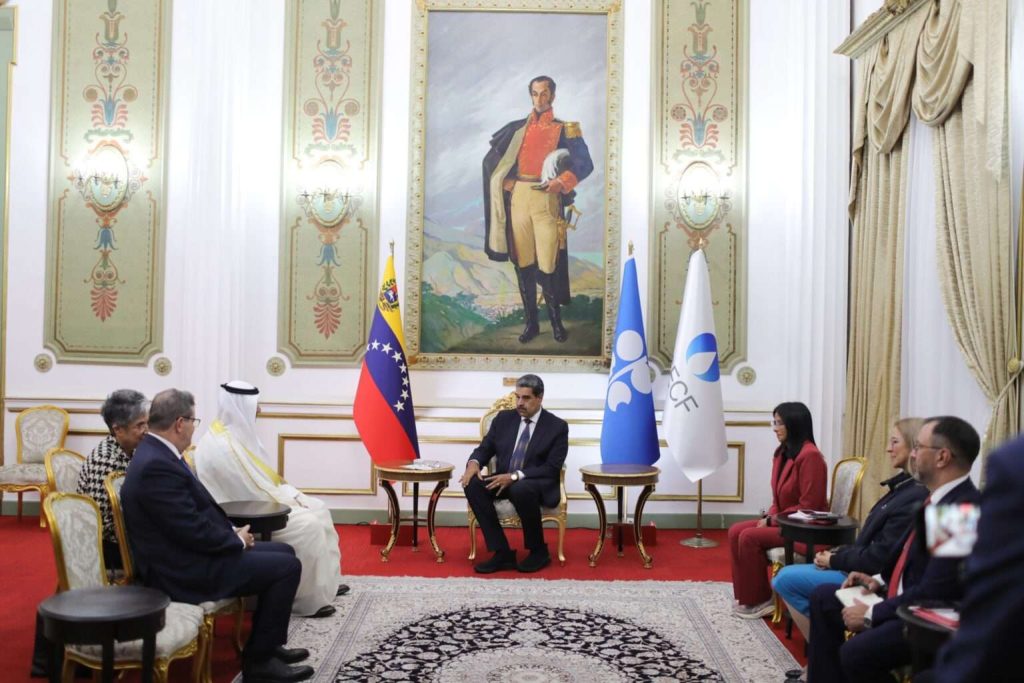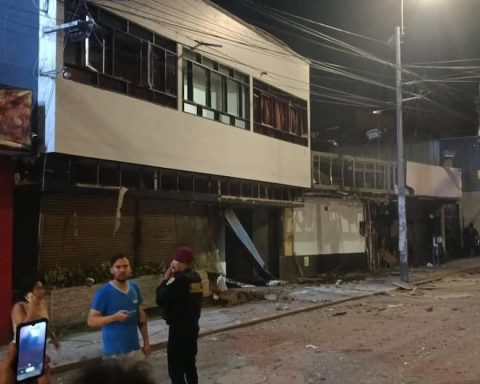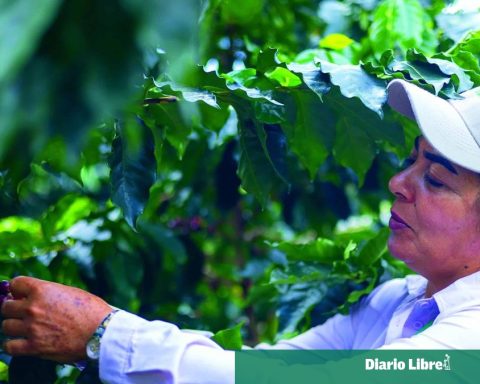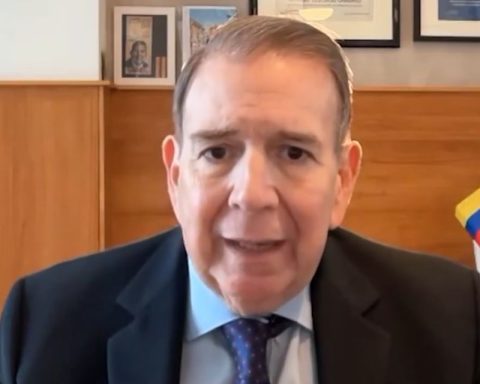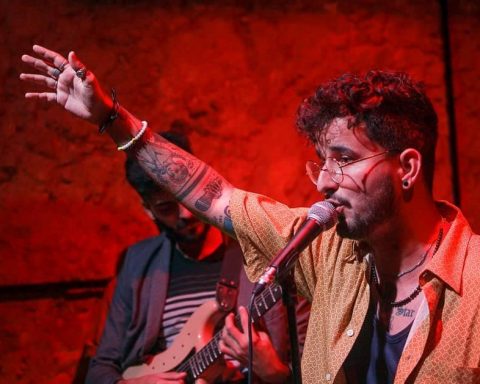In a ceremony held at the National Assembly of Venezuela, in Caracas, this Friday (10), President Nicolás Maduro was sworn in for his third term as head of the country’s Executive, for the period from 2025 to 2031. In the speech, the leadership Chavista highlighted that they were unable to prevent the inauguration, despite international pressure and opposition protests.
“Now, they tried to convert the oath [posse oficial]in Venezuela, in a world war. Who are going to invade, who entered, who left. Say what you want, but this constitutional Venezuelan inauguration they could not prevent and it is a great victory for Venezuelan democracy and for the people who want peace and stability”, said Maduro.
In recent days, opposition candidate Edmundo González made a pilgrimage to countries in the region to receive international support and promised, after having gone into exile in Spain, to return to Venezuela to intervene in Maduro’s inauguration.
In a joking tone, Maduro asked during the speech: “Did Edmundo arrive? Get him! Catch the pataruco [sinônimo de covarde]! How I hope he arrives. I’m nervous”, causing laughter among those present. There is an open arrest warrant against Edmundo. Among the reasons is conspiracy against Venezuelan institutions.
The coalition that supported González accuses the government of electoral fraud and, based on electoral documents they have, claim that the former diplomat was the winner. The government claims that these documents are fraudulent. This Friday (10), opposition actions questioned Maduro’s inauguration and the news of the arrest, later denied, of Maria Corina Machado, the country’s main opposition leader, increased international condemnation against Cararas’ government.
In this context, Maduro was sworn in by the president of the National Assembly, deputy Jorge Rodríguez, to whom he swore to defend the Constitution. He then thanked, among other actors, the delegations of the more than 125 countries and international organizations present, mentioning, by name, the representatives of Cuba, China, Russia and Honduras.
Questioned internationally regarding the July 28, 2024 election, Nicolas Maduro countered the criticism by saying that he does not depend on foreign governments to be president of Venezuela.
“I was not appointed president by the United States government, nor by the pro-imperialist governments of the Latin American right. And the oligarchy of surnames didn’t put me here. I come from the people, I am of the people, and my power emanates from history and the people”, he stated.
The Maduro government has faced questions regarding the 2024 election which, according to the official investigation, ratified by the country’s Judiciary, gave the Maduro 51.9% of the votes against 43.1% for Edmundo González. The opposition, international organizations and countries have rejected the result because detailed data have not been published by voting table, as always happened.
Constitutional reform
President Nicolas Maduro also highlighted, in his speech, the lines of work that the government must undertake in the new term, highlighting the constitutional reform that he intends to carry out in 2025. Maduro defended updating the Bolivarian Constitution of Venezuela, from 1999.
“That the postulates of the Constitution on the new humanist and democratic society to be built be updated. May the Constitution be updated to defend the country from the new technological threats that we already know about on social media”, he said.
The head of the Executive of the South American country added that he will sign, this Friday, a decree to create the Broad National Commission for the Preparation of the Constitutional Reform Project.
“We will include as many sectors as possible [na Comissão] so we can have a broad call to action. I believe that this National Assembly has the political, moral and constitutional authority to be the epicenter of this year’s debate with the people”, he added.
History
In power since 2013, Venezuelan President Nicolás Maduro won the first presidential election after the death of then President Hugo Chávez, the main leader of the so-called Bolivarian Revolution, a political process that began in 1999 and which promoted the refounding of the country’s republic.
In 2018, Maduro was re-elected for the first time, when most of the opposition boycotted the vote, citing a lack of conditions to compete. His last term, from 2019 to 2025, was marked by the international blockade led by the United States against the country’s economy, in particular, against the trade in Venezuelan oil.
The economic crisis, which began in 2014 with the drop in fuel prices on the global market, worsened throughout his second term, reaching a scenario of hyperinflation. As a result, it is estimated that more than 7 million Venezuelans immigrated.
After GDP shrank by around 75% between 2014 and 2020, Venezuela has recorded an economic recovery in recent years, despite wages still lagging behind.
In January 2022, Venezuela officially emerged from hyperinflation. According to the country’s Central Bank (BCV), the price index from January to October 2024 was 16.6%, a historically low number by Venezuelan standards. According to the Economic Commission for Latin America and the Caribbean (ECLAC), Venezuela should have GDP growth of 6.2% in 2024.
